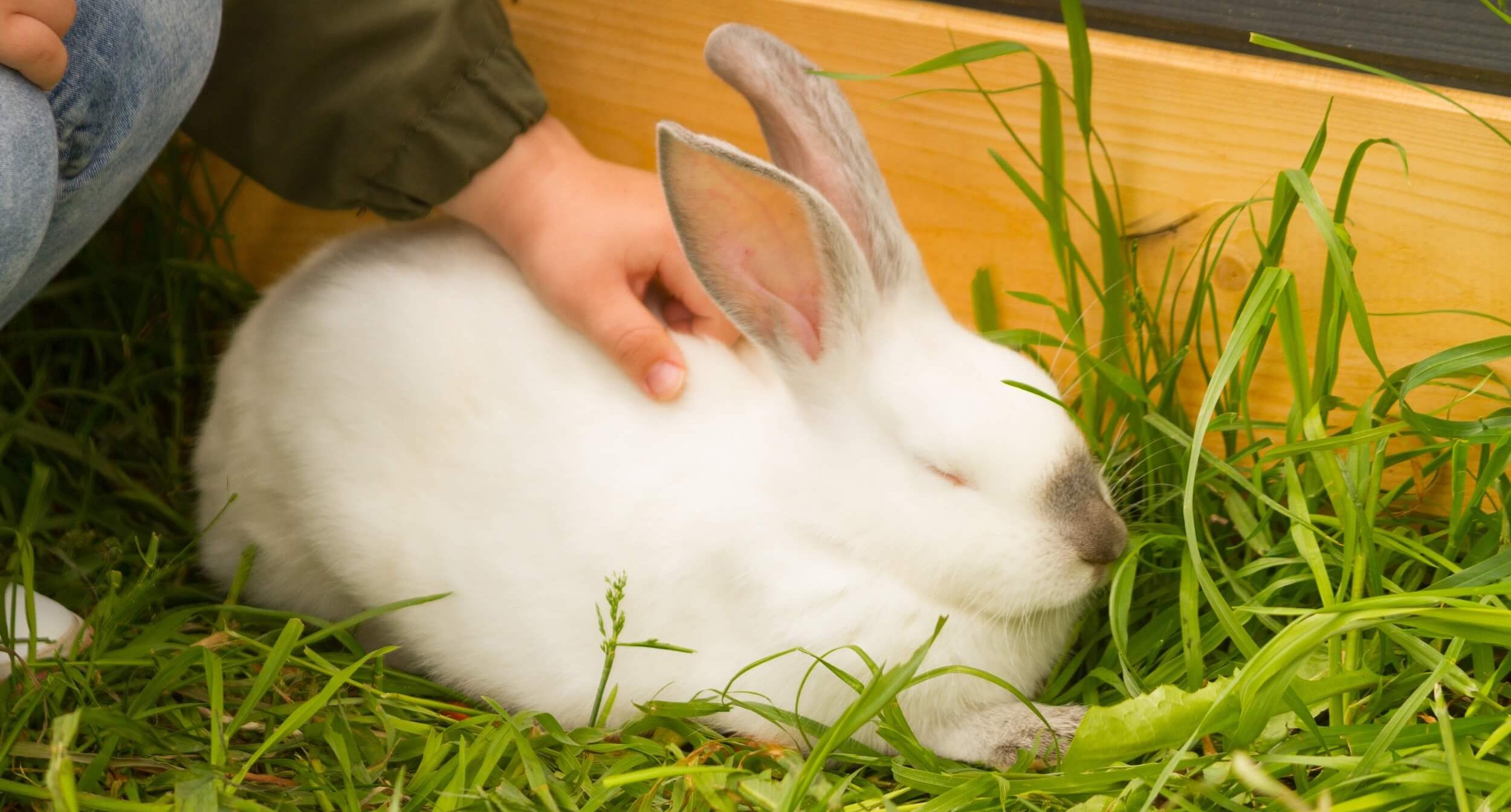
Rituals with Animals – Small Actions, Big Impact
“I get to feed them today!” Mia proudly carries the bowl into the enclosure. Such moments are more than just everyday occurrences; they offer learning opportunities. Children experience that responsibility can bring joy when they are allowed to act independently – without pressure, but with real influence.
Learning by Doing
Through care tasks, children can experience a learning environment with all their senses. They refill water, spread fresh hay, and observe the animal. In doing so, they realize: My actions make a difference. This immediate feedback is invaluable. Children experience responsibility as something positive, which fosters trust and independence.
Mini-Check: how much Responsibility is Already Part of Everyday Life?
☑️ I can refill water or food myself.
☑️ I observe if my animal behaves differently.
☑️ I ensure that the enclosure remains clean.
Even a few of these points demonstrate: Responsibility grows with small steps – and every child can contribute.
Parents as Learning Companions
Parents should accompany their children during care tasks without controlling them. Often, a quick glance, a word of praise, or shared observation is sufficient. A feeding calendar or small checklists make progress visible.
This maintains motivation, and children learn that care is not just a duty, but also a part of living together.
💡Family Tip:
A shared weekly schedule, for example, with the question “Who feeds when?”, provides an overview and creates satisfying feelings of accomplishment when all tasks are completed together.
Making it Understandable for Children
Children learn best when they feel the impact of their actions. When the animal curiously approaches the bowl or rests peacefully, that is praise without words. From this, parents can develop conversations: “What does our animal particularly enjoy?” or “How do you know it feels comfortable?”.
For your Everyday Life
Care tasks as learning assignments promote mindfulness, patience, and self-confidence.
Children experience that they can make a difference and that sharing responsibility is enjoyable. Parents, in turn, discover how animals can playfully, practically, and sustainably initiate learning processes.